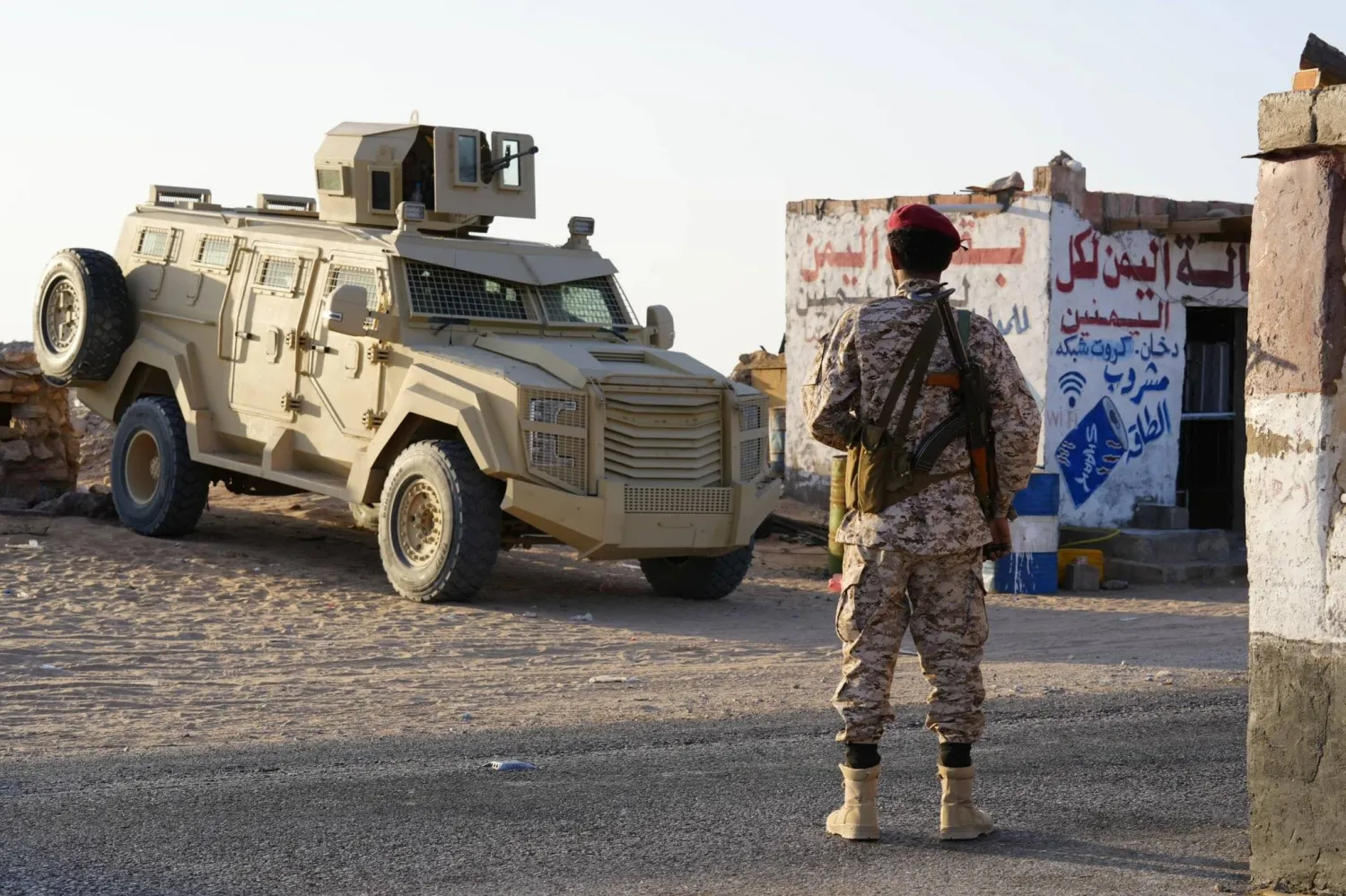A decision by Iraq’s Higher Committee for Health and National Safety to impose a new lockdown in the country over the coronavirus pandemic has sparked popular outrage.
Some people interpreted the move as an attempt by authorities to avoid the health crisis instead of confronting it through practical means, such as providing vaccines to the people.
The authorities have so far failed to procure vaccines.
Others have slammed the lockdown, saying it will compound poverty and economic hardships.
On Sunday, the health ministry recorded 2,224 new coronavirus cases, raising the tally to 643,852, including 13,179 deaths.
According to the World Health Organizations, Iraq is one of the most affected Arab and Middle Eastern countries by the pandemic.
The committee, headed by Prime Minister Mustafa al-Kadhimi, approved on Saturday a package of health restrictions, including reimposing full night curfew to face the recent alarming rise in coronavirus cases.
Mosques and prayer halls will be closed, opening only at prayer times to raise the call for prayer.
All funeral venues, wedding halls and parks will also be shut, announced the committee, warning that a fine of 25,000 IQD will be imposed against violators.
Public and private schools, institutes, and universities will hold their classes online, starting February 18.
It said that beauty parlors will be closed for a period of two weeks.
The decision exempts personnel of the Ministry of Health, security forces, service departments and vegetable stores.
For the first time, the new decision imposes fines of up to five million Iraqi dinars on cafes, restaurants and parks that violate the health measures and the lockdown.
The parliamentary health committee had previously expected the arrival of the first batch of coronavirus vaccines from Pfizer or other sources to Iraq in late February or early March.









